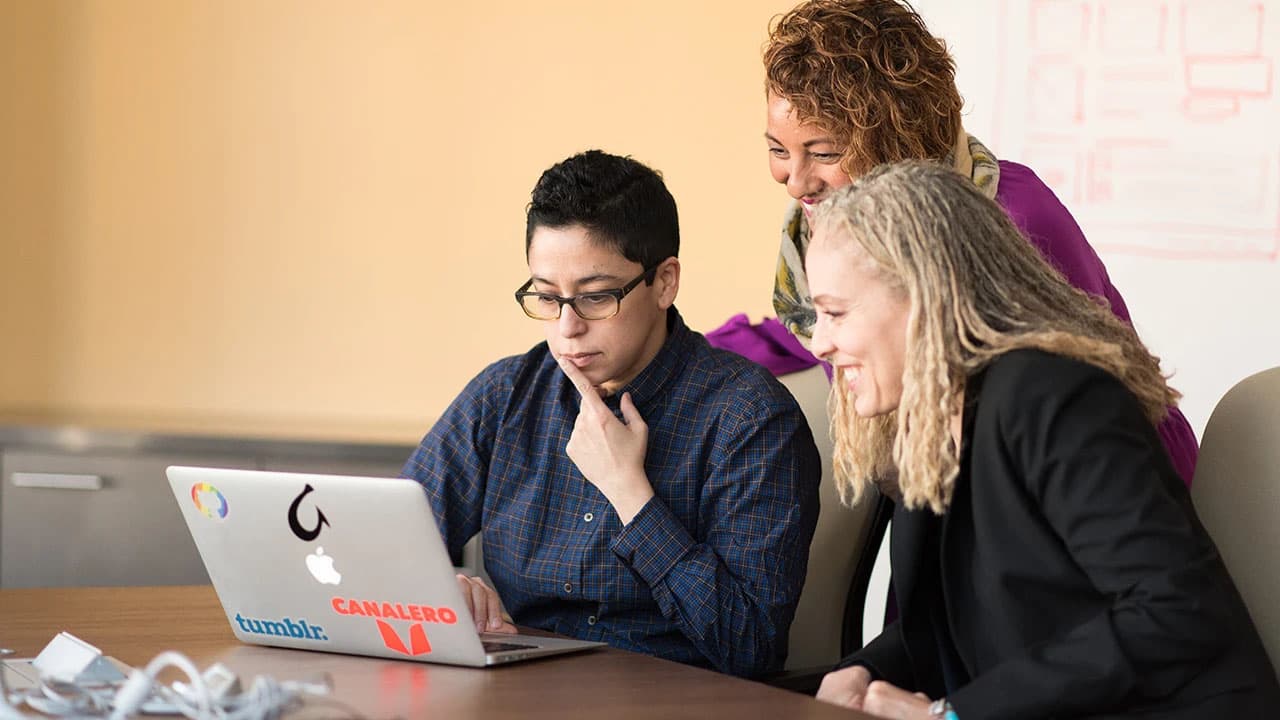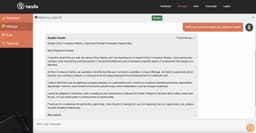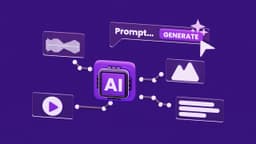The Art of Learning Programming
Learning programming is like unlocking a magical realm where logic and creativity merge to create innovative solutions. In our digital age, the ability to write code opens up a world of possibilities, empowering individuals to build websites, develop apps, analyze data, automate tasks, and much more. Whether you are a novice or an experienced coder, the journey of mastering programming is a rewarding and lifelong pursuit.
Why Learn Programming?
At its core, programming is about problem-solving and logical thinking. When you learn to code, you are not just mastering a language; you are developing a mindset that allows you to break down complex problems into manageable steps. The ability to write code gives you the power to turn your ideas into reality, whether you want to create a game, automate a tedious task, or build a platform to connect people.
Moreover, in today's tech-driven world, programming skills are highly sought after in the job market. Companies are constantly in need of talented developers who can bring their digital projects to life. By learning programming, you increase your employability and open up a wide range of career opportunities in fields such as software development, data science, artificial intelligence, and web development.
Getting Started
The journey of learning programming begins with choosing the right language to start with. There are numerous programming languages, each with its own strengths and use cases. Some popular options for beginners include:
-
Python: Known for its readability and versatility, Python is an excellent choice for those new to programming. It is widely used in various fields, including web development, data analysis, and artificial intelligence.
-
JavaScript: As the language of the web, JavaScript is essential for front-end development. Learning JavaScript opens up opportunities to create interactive websites and web applications.
-
Java: A robust and widely used language, Java is a great option for learning object-oriented programming concepts. It is commonly used in enterprise applications and Android development.
Once you have chosen a language to start with, the next step is to immerse yourself in learning the basics. Online platforms like Codecademy, Coursera, and freeCodeCamp offer interactive tutorials and courses that cater to beginners. These resources provide a structured learning path and hands-on exercises to help you grasp fundamental programming concepts such as variables, data types, loops, and functions.
Mastering the Craft
As you progress in your programming journey, it is essential to practice regularly and work on projects that challenge you. Building real-world applications not only solidifies your understanding of programming concepts but also allows you to showcase your skills to potential employers or collaborators.
Open-source projects on platforms like GitHub provide a great opportunity to contribute to community-driven initiatives and collaborate with other developers. By participating in open-source projects, you can gain practical experience, receive feedback on your code, and learn from seasoned developers.
Furthermore, attending coding bootcamps, hackathons, and tech meetups can expand your network and expose you to diverse perspectives and approaches to problem-solving in the programming world. Engaging with the broader programming community can inspire you to push your boundaries and continually improve your coding skills.
Resources and Tools
In the vast landscape of programming, staying updated with the latest tools and technologies is crucial. Websites like Stack Overflow, Reddit's programming communities, and Dev.to are excellent resources for asking questions, sharing insights, and staying informed about industry trends.
Text editors and integrated development environments (IDEs) play a vital role in the coding process. Popular choices like Visual Studio Code, Sublime Text, and IntelliJ IDEA provide powerful features that enhance your coding experience, from syntax highlighting to debugging tools.
Version control systems such as Git enable you to manage and track changes to your codebase efficiently. Platforms like GitHub and Bitbucket make collaboration with other developers seamless and facilitate the sharing of code across teams.
Embracing the Challenges
Learning programming is not without its challenges. Debugging errors, grasping complex algorithms, and understanding new concepts can be daunting at times. However, it is essential to view these challenges as opportunities for growth and learning.
When faced with a programming problem that seems insurmountable, take a step back and approach it with a systematic mindset. Break down the problem into smaller components, test different solutions, and seek help from online resources or fellow developers. Remember that every hurdle you overcome makes you a better programmer.
Continuous Learning
The journey of learning programming is an ongoing process that requires dedication and a willingness to adapt to new technologies and paradigms. As you advance in your coding skills, consider exploring specialized areas such as machine learning, blockchain development, or cloud computing.
Online learning platforms like Udacity, Udemy, and Khan Academy offer advanced courses that delve deeper into specific programming topics and technologies. By pursuing specialized courses, you can enhance your expertise and stay relevant in a rapidly evolving tech landscape.
Learning programming is not just about mastering syntax and algorithms; it is about honing your problem-solving skills, fostering creativity, and embracing a mindset of continuous learning. The journey of becoming a proficient programmer is filled with challenges, triumphs, and endless opportunities to create something extraordinary.
Whether you are a newcomer to the world of coding or a seasoned developer looking to expand your skill set, remember that the art of learning programming is a transformative and enriching experience that opens doors to a world of endless possibilities.
Start your coding journey today!
Codecademy, Coursera, freeCodeCamp, GitHub, Stack Overflow, Dev.to, Visual Studio Code, Git, Udacity, Udemy, Khan Academy












